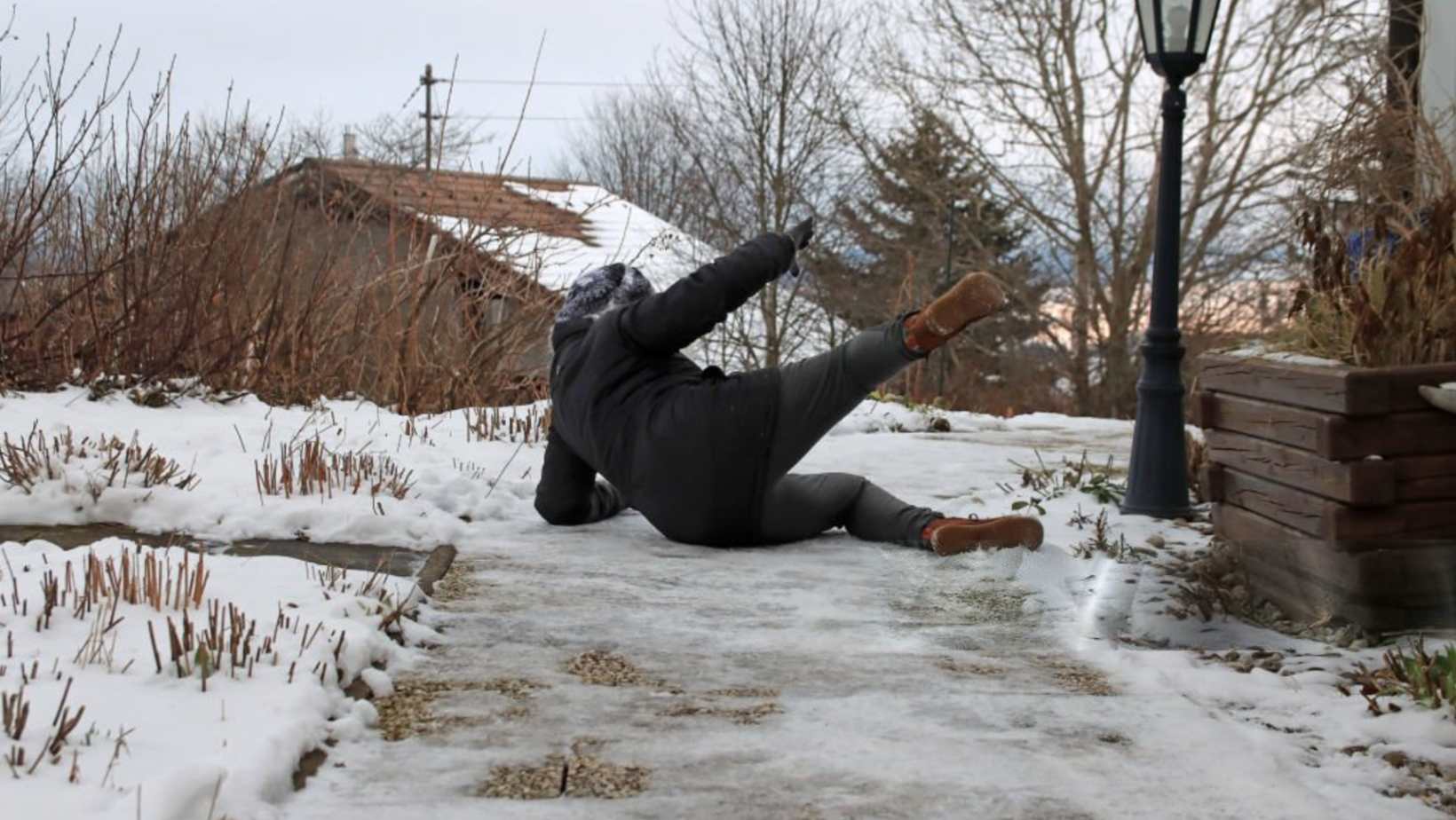Two More European Capitals are Banning Short-Term Stays
Prague Morning

Many travellers will have stayed in a short-term holiday let at some point, but in many popular European cities, the proliferation of holiday lets can lead to higher rents and less housing for locals.
Across Barcelona, Madrid, Prague and now central areas in Budapest and Athens, local governments are taking action to curb or even ban short-term let licences.
Locals in one Budapest district vote to ban holiday lets from 2026
It looks like the Hungarian capital, Budapest, is also souring on incessant tourism after the publishing of voting results on Monday, September 15th, which showed that residents of the central District VI have narrowly voted to ban short-term rentals with effect from 1 January 2026.
So far, this represents only one small part of the city, however, Terézváros (Theresa city), as District VI is officially known, is also one of the most densely populated ones so the impact of Airbnb-style lets there is felt more acutely.
After the vote was concluded, according to Euronews, Mayor Tamás Soproni from the centrist political party Momentum Movement said: “The next step is to bring the will of the people of Terezváros to the representative body, and we will create a decree on their decision.”
And despite the small size of the district and the fact that support for the ban was only confirmed with a slight majority of 54%, the news is important because it may be the foretelling of things to come across the entire city or country.
Central Athens bans all new licences for holiday lets
The Greek government has announced a ban on new short-term rental licences in three central Athens districts from 1 January 2025 for at least 12 months.
Olga Kefalogianni, the Greek tourism minister, has said that the licensing ban in the three districts, believed to be the first, second and third municipal districts of Athens, could also be extended beyond the initial 12-month period due to “a lot of pressure on society”.
In addition, finance minister Kostis Hatzidakis has confirmed that a daily tax on short-term rentals will rise from €1.50 to €8 between April and October 2025 and from €0.50 to €2 for the winter months. The tax was put in place originally to help Greece manage the impact of climate change-related natural disasters.
The announcements in Athens come amid a string of measures being introduced by the Greek government aimed at addressing the impact of overtourism in certain areas of the country, including a lack of housing and the rising cost of living.
The new plan will involve restrictions that are tailored to specific neighbourhoods, and aims to balance the presence of short-term rentals with long-term leasing options.
Would you like us to write about your business? Find out more
-
NEWSLETTER
Subscribe for our daily news










